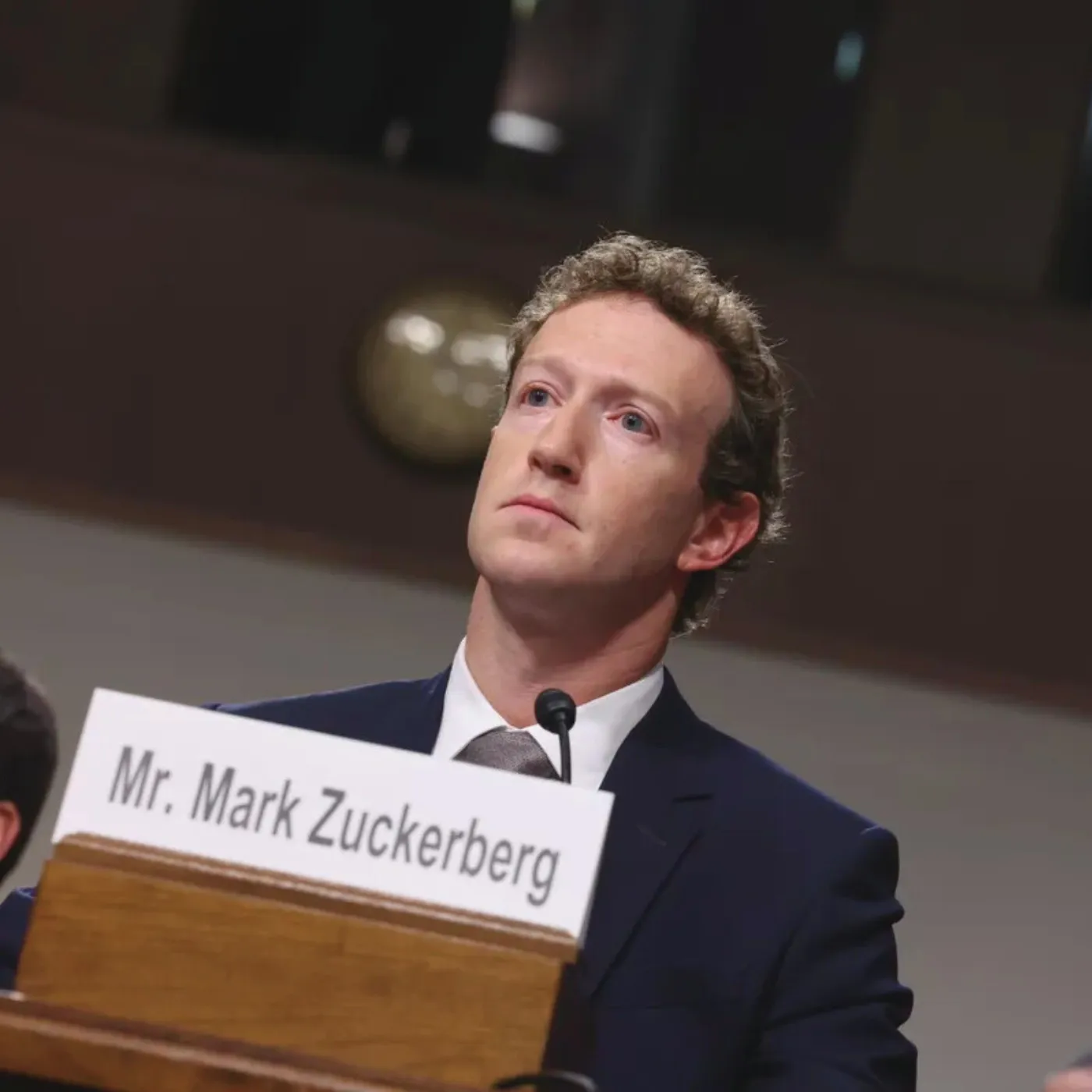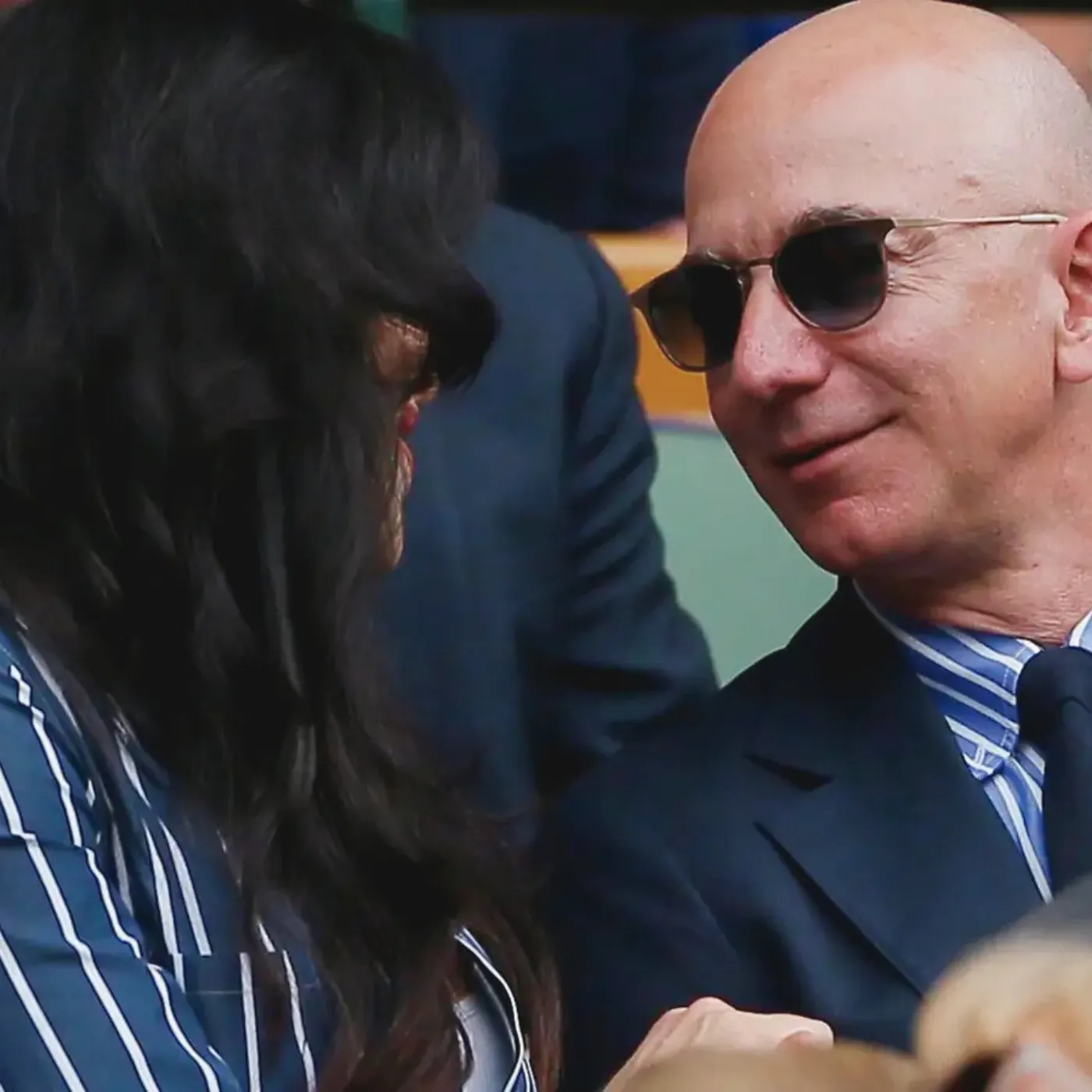

The Hidden Mortgage Moves of Billionaires: What Mark Zuckerberg Isn’t Telling You
In a world where billionaires move billions with a flick of their finger, it’s easy to assume they don’t bother with things like mortgages. After all, why would someone with tens of billions in the bank bother taking on a loan to buy a house? Yet, the truth might shock you. Mark Zuckerberg and many other ultra-rich billionaires regularly get mortgages they don’t need. And it’s not because they’re struggling to pay cash—they do it for smart, strategic reasons that most people don’t understand.

If you’ve ever wondered why the richest people on the planet borrow money on something they could easily afford outright, you’re about to get the insider scoop. This article dives deep into the surprising financial strategies behind billionaire mortgages, uncovering the hidden benefits that keep them ahead of the game—while the average person gets stuck paying interest.
The Myth: Billionaires Pay Cash for Everything
First, let’s bust the biggest myth. Most people assume billionaires pay cash for everything, especially expensive real estate. With Zuckerberg’s net worth soaring above $100 billion, the idea of him taking out a mortgage sounds unnecessary—even reckless.
But here’s the reality: many billionaires strategically choose to take on mortgages rather than liquidate assets or pay cash upfront. This approach may seem counterintuitive, but it’s rooted in sophisticated financial planning.
Why Take a Mortgage You Don’t Need?
Liquidity Is King — Even for Billionaires
One of the most important reasons billionaires take mortgages is to maintain liquidity. Despite their wealth, much of it is tied up in stocks, private companies, or real estate itself. By not locking all their money into a single asset, they keep cash on hand for investment opportunities that can generate far higher returns than mortgage interest costs.
For example, Zuckerberg’s fortune is mostly in Facebook (Meta) stock. Selling large amounts at once can tank the stock price or trigger significant tax events. Instead, he can borrow against real estate and keep his investments growing elsewhere.
Mortgage Interest Is Surprisingly Cheap
Thanks to historically low interest rates, mortgage debt is cheaper than most other forms of borrowing. For billionaires, this cheap debt becomes a tool, not a burden. It allows them to leverage their assets without losing the potential upside of investments.
The math is simple: If your investments return 8-10% annually, but your mortgage rate is 3-4%, why pay cash when you can borrow money almost for free and use your capital elsewhere?
Tax Benefits Amplify the Advantage
Although tax laws differ, mortgage interest can often be deducted from taxable income, reducing the overall cost of borrowing. This means billionaires can effectively lower their tax bills by using mortgages strategically.
While the average person benefits from these deductions, billionaires can combine this with other advanced tax strategies to minimize their overall tax liability, freeing up even more capital for wealth growth.
Asset Protection and Risk Management
Mortgages aren’t just about money; they’re also about risk management. By borrowing against a property, billionaires spread their financial risk across multiple assets.
In volatile markets, having debt tied to appreciating real estate can actually protect wealth. If the value of the property rises, the mortgage becomes easier to pay off or refinance, while the owner still holds valuable equity.
Building Credit and Financial Flexibility
Even billionaires benefit from having good credit and multiple borrowing options. Maintaining mortgages—even when unnecessary—can help them leverage future borrowing power and build relationships with banks.
For someone like Zuckerberg, this means easier access to multi-million-dollar loans or credit lines when unexpected opportunities arise.

The Bigger Picture: Wealth Building vs. Wealth Spending
The biggest takeaway here is that billionaires think about money differently than most of us.
While the average person might want to “own their home free and clear” to avoid debt, billionaires view debt as a tool to increase their wealth, not a trap.
In their financial playbook, “good debt” is borrowed money used to generate more money. “Bad debt” is the kind that drags you down. Mortgages, especially on appreciating properties, almost always fall in the “good debt” category for the ultra-rich.
Why This Matters to You: Lessons from Billionaire Mortgage Moves
You don’t have Zuckerberg’s billions, but there are valuable lessons anyone can apply from this billionaire strategy.
Keep liquidity in mind: Don’t drain your savings for one purchase if you might need cash for emergencies or investment opportunities.
Understand good vs. bad debt: Not all loans are equal. Mortgages or business loans can be powerful if managed well.
Leverage low interest rates: If rates are low, borrowing can be cheaper than paying upfront, freeing cash for other goals.
Tax benefits are real: Educate yourself on deductions you might qualify for—talk to a tax pro.
Manage risk: Spread your financial exposure across multiple assets to avoid being too tied up in one thing.
The Controversy: Why Do People Still Fear Debt?
Even though this is a smart strategy for the ultra-rich, many people still have a strong emotional aversion to debt. Cultural ideas about owning things outright and “being debt-free” run deep in America.
But as billionaires like Zuckerberg prove, debt doesn’t have to be scary—it can be an ally if used wisely. The controversy lies in how society often frames debt as dangerous without recognizing the difference between strategic borrowing and reckless spending.
The Takeaway: Don’t Judge Billionaire Mortgages Too Quickly
Before you dismiss billionaire mortgage strategies as risky or foolish, remember this: they’re playing a different game with a different rulebook.
While taking on a mortgage you don’t strictly need might seem reckless to many, it’s a calculated move designed to:
Protect liquidity
Maximize investment returns
Minimize tax liability
Manage risk effectively

What Mark Zuckerberg’s Mortgage Moves Teach Us About Financial Smarts
In the end, Mark Zuckerberg’s choice to get mortgages he doesn’t need isn’t about necessity—it’s about strategy, growth, and smart money management.
This is a reminder that wealth isn’t just about how much money you have, but how you use the money you have.
So next time you hear about billionaires borrowing money to buy homes they could pay cash for, think twice. There’s more going on behind the scenes than meets the eye.



















Post Comment